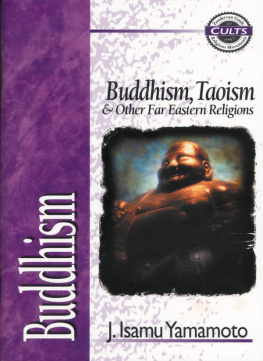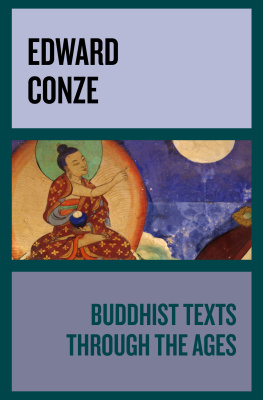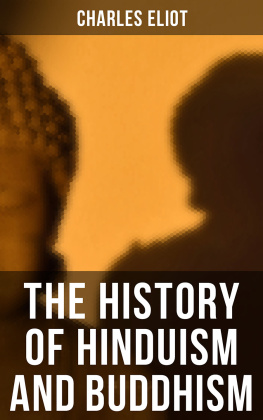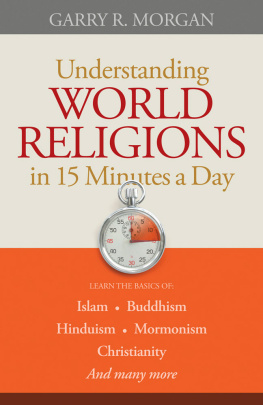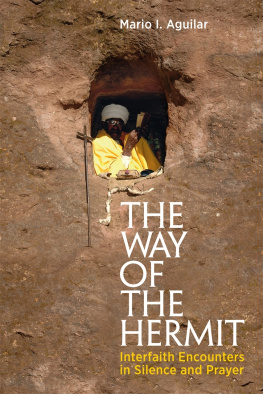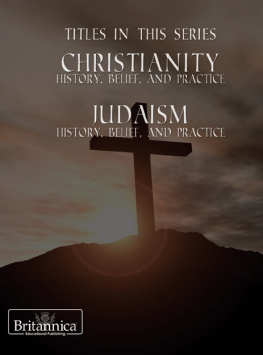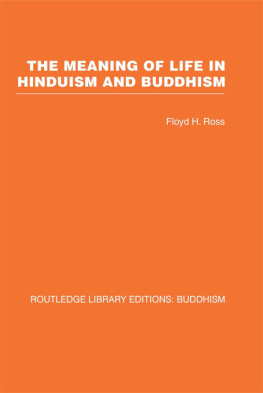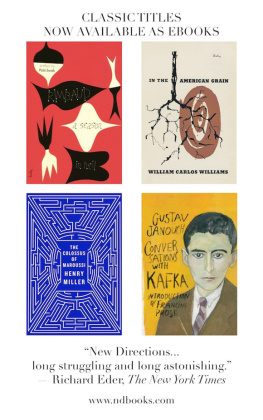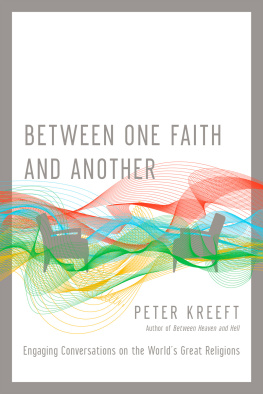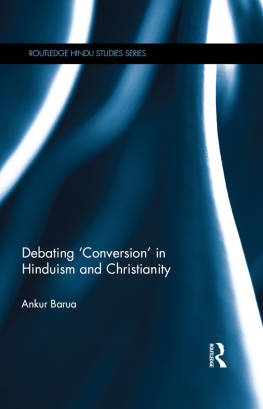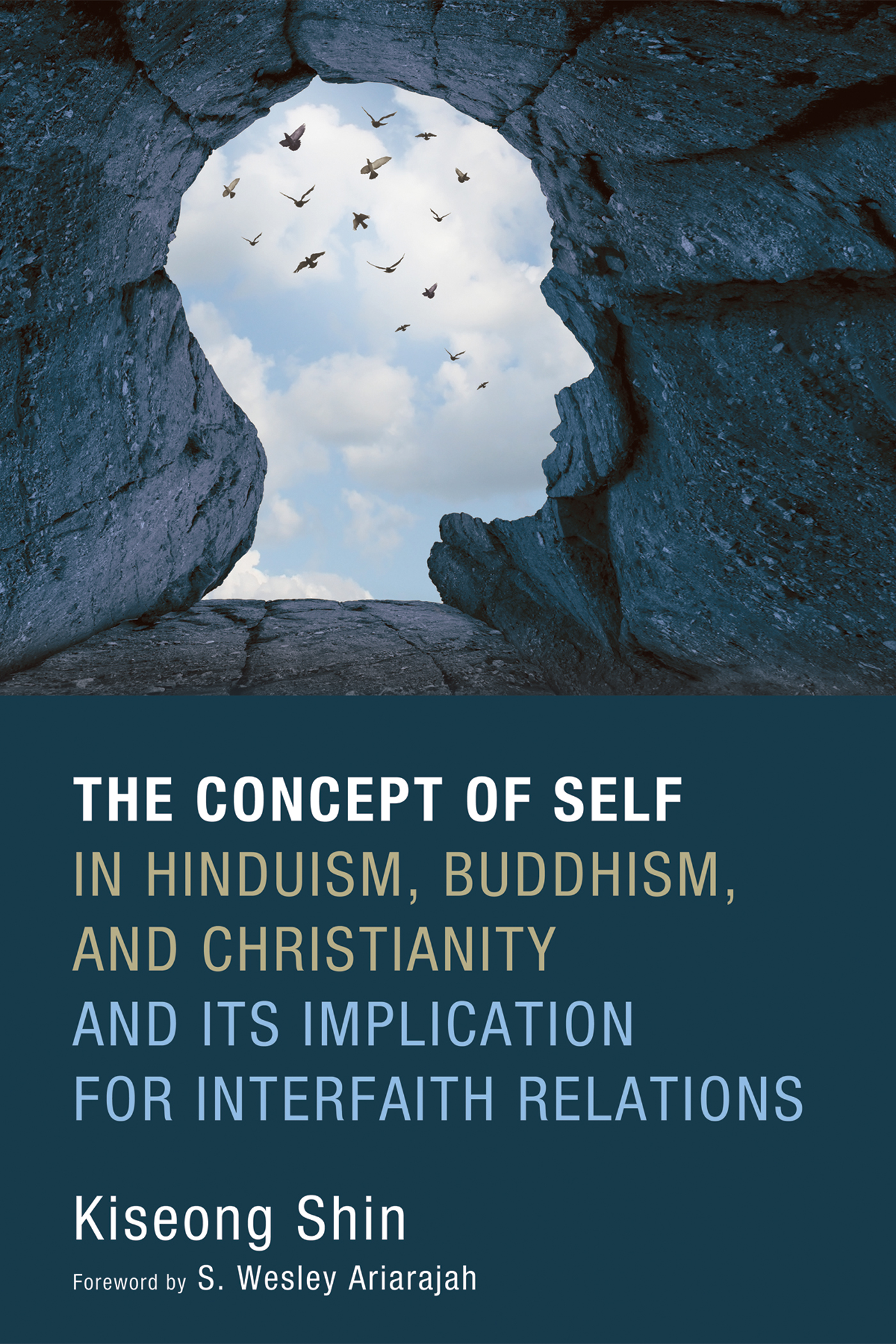R udyard Kipling, in the initial lines of his poem, The Ballad of East and West, wrote the frequently quoted words, East is East and West is West and never the twain shall meet. Kipling had his own ideas as to when such unlikely meeting might happen, but the forces of globalization, population movements, and ever increasing life in multifaith and multicultural communities have already begun to challenge these words, written over a century ago. The two have not only met but have also begun to impact and influence one another in remarkable ways. However, it would appear that the sentiment never the twain shall meet continues to exert its influence in the area of religious studies and Christian theology.
The conviction that Hinduism and Buddhism are incompatible with the Christian faith and that there are irreconcilable differences between them was deeply felt by most of the early missionaries who ventured into Asian countries. Buddhist disinterest in the concept of God and its apparent belief that there is no permanent soul or self in human beings made it difficult for the missionaries to even begin a conversation with the Buddhists. Similarly, the centrality of images of gods and goddesses in Hindu worship and the Monistic emphasis in its predominant philosophic tradition, which denied a human self as distinct from Brahman, the Ultimate Reality, also placed high barriers that prevented any meaningful dialogue between Hindus and Christians of that period. It is this reality that led to displacement of other religions with Christianity as the primary missionary model in Asia, which vitiated and continues to vitiate interfaith relationships.
Much has changed over the past several decades. There is more informed understanding of Buddhism and Hinduism today and much work has already been done within BuddhistChristian and HinduChristian dialogue circles to delve deeply into the philosophical explorations and religious experiences that lie behind the Hindus and Buddhist teachings. Yet, many still hold the view that the Buddhist, Hindu, and Christian anthropologies are the main sticking point in interfaith dialogue and cooperation.
It is in this context that the work of Dr. Kiseong Shin makes a significant contribution both to the world of scholarship and to those interested in BuddhistChristian and HinduChristian relations, especially in Asia, but also in other parts of the world. Through an in-depth study of the concepts of the self in these three traditions, and by drawing out the implications of these concepts for life in society for each of them, Dr. Shin seeks to explore how these very concepts that were considered inimical to interfaith relations can become the bases for interpreting the respective traditions towards a new relationship to each other. This scholarly, yet accessible volume is an important contribution both to the Study of Religion and to Interfaith Relations.
S. Wesley Ariarajah
Preface
C an religious traditions provide the necessary impetus for peace and harmony in multi-faith societies? This has become an existential question in many countries, including South Korea. Recently, there have been number of incidents in South Korea that has increased the tension between Buddhists and Christians.
It is generally believed that religious traditions are very different systems of belief with very little doctrinal teachings in them that can promote relationships and harmony. Therefore they look to interfaith dialogue as the only practical way forward. Many, for instance, see Christianity and Buddhism as having teachings that cannot be bridged. The disinterest in God in Buddhism and its denial of the Self are seen as main obstacles to bringing it closer to Christianity with the intention of creating a community across the religious lines.
This book questions this common assumption and seeks to show that the very heart of these religious traditions and their teachings can, indeed, be interpreted to serve the cause of peace and harmony in multi-faith societies.
The concept of the self in three traditionsHinduism, Buddhism and Christianityis chosen for deeper analysis. The study goes beyond the traditional assumptions and presuppositions to show that some of these assumptions are not necessarily definitive, and that the concepts of the self and no-self can, indeed, be interpreted for communal life in multi-faith societies.
The first three chapters analyze the concept of the self in these three religious traditions. Based on this, the concluding chapter concentrates on two issues. The first is the question of suffering. Here, the chapter argues that while there is an individualist understanding of suffering in Hinduism and Buddhism, the concept of the self as unity of Atman and Brahman in Hinduism and the concept of Sunyatta in Buddhism have dimensions that have deep sociological significance that are in need of explication. It also shows that both Buddhism and Hinduism have the opportunity to expand their concept of suffering to include social and structural suffering through their dialogue with Christianity.
The second relates to relationality, and argues that all three religions have profound relational dimensions that need to be developed for social peace and harmony, and that this should include the dimension of our relationship to the earth and the care of all creatures. On this, Christianity has much to learn from dialogue with Hinduism and Buddhism.
My thanks to Wipf and Stock Publishers and its editorial staff. I owe special thanks to Dr. Wesley Ariarajah, my academic and spiritual mentor, who has never failed to convince me that I can do this and more. Without his help, this adventure would not have even been started. I am particularly grateful for the support that I have received from Dr. Robert Corrington and Dr. Hyo-Dong Lee at Drew University. I am also deeply indebted to my professor, Dr. Sehyoung Lee, at Hyupsung University in Korea for his support and encouragement for a long time. Above all, my family, Miok, Haneul, and Arrum deserve my deepest gratitude.
Introduction
H enry N. Wieman has argued that if there is no peace between religions, there will be no peace in the world. It has also been said that peace among religions would be possible only if they work towards mutual respect and understanding, and build their relationships on new foundations. Therefore, in recent decades, many have spoken of the urgency of interfaith dialogue both at the local and global levels. But can dialogue go beyond building social interactions to dealing with some of the core teachings of religions and see them as providing the impetus for mutual relationships? This volume aims to serve as a catalyst to foster a trialogue between Hinduism, Buddhism, and Christianity, particularly in context of increasing tensions and religion-based conflicts in South Korea.
Robert Neville says that the God of Christian theology should be moved out of the narrow confines of theism and be made available for an encounter with nontheistic religious traditions.
This is the philosophical ethos in which I have grown. It should be noted, however, that increasingly it is not easy to define what is specifically Western and Eastern. Yet, one can see clear distinctions between the West and the East in their understanding of and approach to reality. This volume is grounded in the belief that through dialogue or trilogue with one another, Eastern religious traditions can learn from the Western traditions such as Judaism, Christianity, and Islam, and that the Western traditions, too, have much to learn from encounters with Confucianism, Daoism, Hinduism, Buddhism, and other religions including local, indigenous beliefs. This volume is a comparative anthropological study of three religions chosen from the East and the West with the aim of promoting mutual understanding and mutual enrichment.


